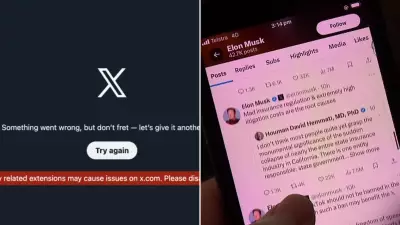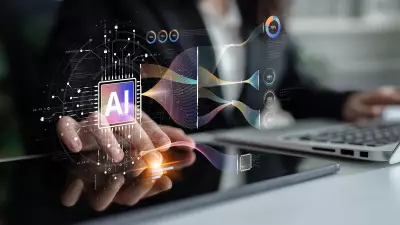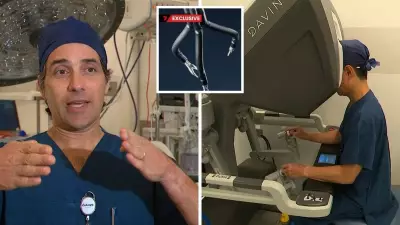
What would you do if you never had to work again? This isn't just a hypothetical question for daydreamers - according to tech billionaire Elon Musk, it's our probable future.
The AI-Powered World of 2050
Imagine waking up in 2050 to a world where artificial intelligence manages everything from your entertainment to your communication. A central screen in your home, possibly called "The Hub" or "The Portal," will mediate your entire existence. This advanced technology will handle calls, meetings, learning, and virtually every aspect of daily life.
Elon Musk recently appeared on Joe Rogan's podcast, in what's predicted to become the most-watched episode in the show's history, to outline his vision of our AI-dominated future. The entrepreneur made a startling prediction: "probably none of us will have a job" because AI and robots will be performing virtually all tasks.
Universal High Income: Utopia or Identity Crisis?
Musk describes this future as featuring "universal high income" - not just basic welfare payments, but an age of abundance where goods and services cost almost nothing. Human labour would become entirely optional, with an 80% likelihood of this scenario unfolding according to Musk's estimates.
On the surface, the vision seems idyllic. No more stressful commutes on Perth's Mitchell Freeway, no deadlines, no early morning alarms. You could wake up each day and choose to paint, learn languages, garden, or simply work on lowering your golf handicap.
But the reality might be more complex. As journalist Adrian Barich reflects, what happens when we lose the structure work provides? What would parents encourage their children to strive for if employment becomes unnecessary? The fundamental human need for purpose and achievement doesn't disappear with the arrival of automated labour.
Finding Meaning Beyond Employment
Current retirees offer a glimpse into this potential future. Many report that the hardest adjustment isn't financial, but emotional - coping with the silence where busyness once existed. As Barich notes, you can only play so much golf before questioning life's meaning.
Musk's vision raises profound philosophical questions. If our purpose isn't defined by work, what becomes our driving force? Perhaps success will shift from career achievements to personal character, from KPIs to kindness, from earnings to joy creation.
There's also potential for positive social change. With abundant free time, people could address issues like the shocking statistic from former aged care minister Ken Wyatt, who revealed that up to 40% of aged care residents receive no visitors throughout the entire year.
As Australia and the world stand on the brink of this technological revolution, with autonomous trucks already operating in the Pilbara and automated ports in Singapore, the conversation about life beyond work becomes increasingly urgent. The machines might provide comfort and convenience, but they cannot provide meaning - that remains humanity's eternal quest.





